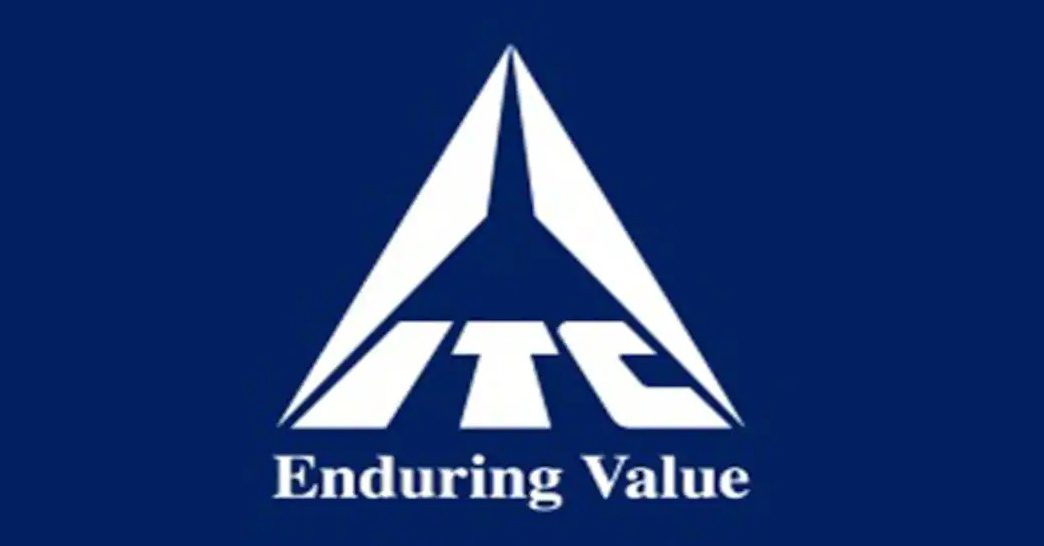New Delhi: The company has a good dividend-paying track record and has consistently declared strong dividends for the last 5 years. The company is also focussed on delivering growth. Diversified multi-business conglomerate ITC has remained an attractive dividend bet for investors, coupled with very promising long-term growth prospects across multiple business segments.
For the current year, the ITC Board has recommended an Interim Dividend of Rs 5.25 per share (previous year Rs 5.00 per share) for the financial year ending 31st March 2022.
For 2020-21, the company’s board had approved a final dividend of Rs 5.75 per share along with the financial results. With this the company’s dividend for the full financial year 2021 stood at Rs 10.75 per share, translating to a dividend yield of 5.07 per cent.
As a part of its clearly articulated capital allocation policy, the company had declared earlier that the dividend pay-outs will be stepped up to 80-85 per cent of Post-Tax profits.
Led by Sanjiv Puri, Chairman, ITC delivered strong performance across all operating segments in the third quarter (October-December 2021). Gross Revenue stood at Rs 16,633.86 crore representing a growth of 31.3 per cent y-o-y while EBITDA at Rs 5102.10 crore grew by 18.2 per cent y-o-y. PAT grew by 12.7 per cent y-o-y to Rs 4,156.20 crore. Earnings per share for the quarter was Rs 3.37 (previous year Rs 3).
Coupled with the improved break-even in hotels as well as a structural uptick in its rapidly expanding and scaling FMCG business with higher revenues and margins, a robust dividend yield above 5 per cent remains a key attraction for investors.
Scale-up in non-cigarette FMCG businesses along with margin improvement would be key triggers for the stock in the medium to long term. Moreover, strong cash flows and cheery dividend pay-out make it a good bet in the current uncertain and disruptive business environment.
In its year-ahead outlook, JM Financial said: “ITC FMCG is possibly one of the most under-appreciated businesses in recent times… We suspect the market may not have taken a holistic look yet; even if one excludes a couple of nascent dairy products from the portfolio, the addressable opportunity for ITC is still $22 billion – larger than even the closest peers’ size of markets. The same would need to be captured into valuation soon,” it added.
Powered by mega brands such as Aashirvaad, Sunfeast and others, ITC is set to drive into a commanding position in an overall Rs 5 lakh crore addressable FMCG market with Sanjiv Puri putting in motion a carefully crafted ‘ITC Next’ strategy focussed on healthier margins, agile innovation, asset-right strategy, developing new routes to market and a future-ready product portfolio.
As an FMCG major, ITC is the only company that is dominant across a range of product categories from snacks to spices, from biscuits to branded atta, from noodles to dairy, from chocolates to coffee, from deodorants to hand and body wash, from hygiene products to floor cleaners as well as notebooks and agarbattis, where none of the Indian or multinational brands can claim to be present.
Sanjiv Puri’s ‘ITC Next’ strategy pivots around a multi-pronged approach to revitalise the FMCG portfolio by strengthening the mega brand portfolio including Aashirvaad, Sunfeast, Bingo, Classmate and others, whilst leveraging brand adjacencies as well as incubating new categories by fashioning new platforms of innovative products. With a strong focus on performance, the FMCG businesses have been posting steady growth over the last 3-4 years. Puri’s strategies to achieve industry leading growth with profitability also include significant thrust on digitalisation across every node of the value chain.
During the three years from FY17 to FY20, ITC’s earnings per share (EPS) has grown at 47 per cent, while return on capital employed (ROCE) moved up from 61 per cent to 72 per cent in the same period.
Each of ITC’s businesses has pivoted to create new frontiers for the future, with enhanced competitiveness as well as sharper focus on cost management to strengthen leadership or rapidly attain the top positions in the case of newer business segments. Sanjiv Puri’s ITC Next Strategy has also provided sharp focus on value addition in both the Paperboards and Agri Business which seems to be bearing fruit as is evident in the recent Q3 results.
In Hotels, Puri has also put in motion a carefully orchestrated asset right strategy that provides enhanced focus and impetus on management contracts. The Hotels business has been reducing its capital intensity substantially with the adoption of this ‘Asset-Right’ strategy to fuel accelerated growth.
During the pandemic, the hotels business also innovated several unique offerings aimed at additional revenue generation, which included innovative staycation packages and offering in-home dining experiences given its iconic reputation in cuisine.
(IANS)




















